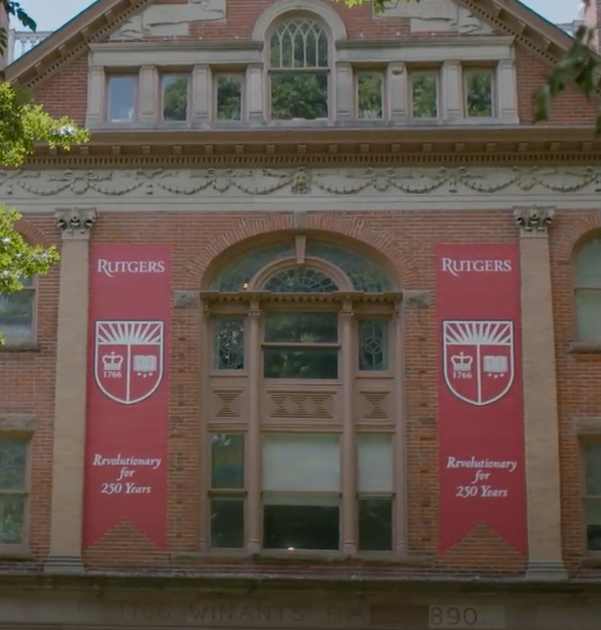Strike threatened by Rutgers University faculty, staff over ‘housing justice’

It appears that demanding radical, left-wing concessions is en vogue when it comes to labor strikes in higher education. Last fall, University of California graduate workers went on strike and demanded a slew of concessions in the name of racial equity, and Rutgers University faculty and staff are following the same playbook.
Both faculty and staff at Rutgers University, located in New Jersey, are threatening to go on strike over pay and other demands. The Association of American University Professors (AAUP)-American Federation of Teachers (AFT) union, which represents about 6,600 workers at three campuses, issued demands such as a “living wage,” hiking campus minimum wage to $15-an-hour, “race, gender, and campus equity,” and “housing justice.”
Here is the union’s lengthy list of demands:
- Job security, such as “longer contracts for faculty without tenure,” “improved promotion process,” “presumptively renewable contracts,” and “multiyear contracts and a path to full-time employment for adjuncts,”
- “Race, gender, and campus equity,” which includes issues like “salary equity across campuses,” “equitable salary minimums,” “increased support for caregivers,” and the empowerment of a committee to hold university administration “accountable” for Diversity, Equity, and Inclusion (DEI) initiatives,
- “Guaranteed graduate funding and support” demands, such as a “living wage” for teaching and graduate assistants, “extra year of funding” for graduate students who enrolled during the pandemic, and five years of guaranteed funding,
- Additional faculty and staff control over teaching, research, and service, such as enforceable rights to academic freedom and a safe workplace, and requiring negotiations over changing work requirements in case of short-staffing,
- Merging faculty bargaining units into one unit, following adjunct faculty demands on pay parity, job security and health insurance, and agreeing to end “union-busting” while paving a path to tenure and longer appointments for biomedical faculty,
- “Housing justice” for all students, staff, faculty, or residents so all these groups of people can afford to live within commuting distance of campus. Also included in this section was a demand to end the practice of withholding transcripts for outstanding student debt and asking for polling places to be available on campus.
The union is in a back-and-forth disagreement with the university administration and the state’s governor, Phil Murphy. For example, AAUP-AFT President Rebecca Given told the media that Murphy has an opportunity to seize the “moment for a win-win negotiation and an opportunity for a collaborative approach.” Instead, Givens claimed that Murphy is trying to “squash the unions.” But Murphy’s supporters pointed out that negotiations are between the university administration and the faculty union and do not directly involve the governor.
If Rutgers faculty go on strike, it would be the fourth campus to have a labor strike of its workers in the past four months. So far, the University of California, Temple University, and University of Illinois-Chicago have been the sites of labor strikes by faculty or graduate student workers.




